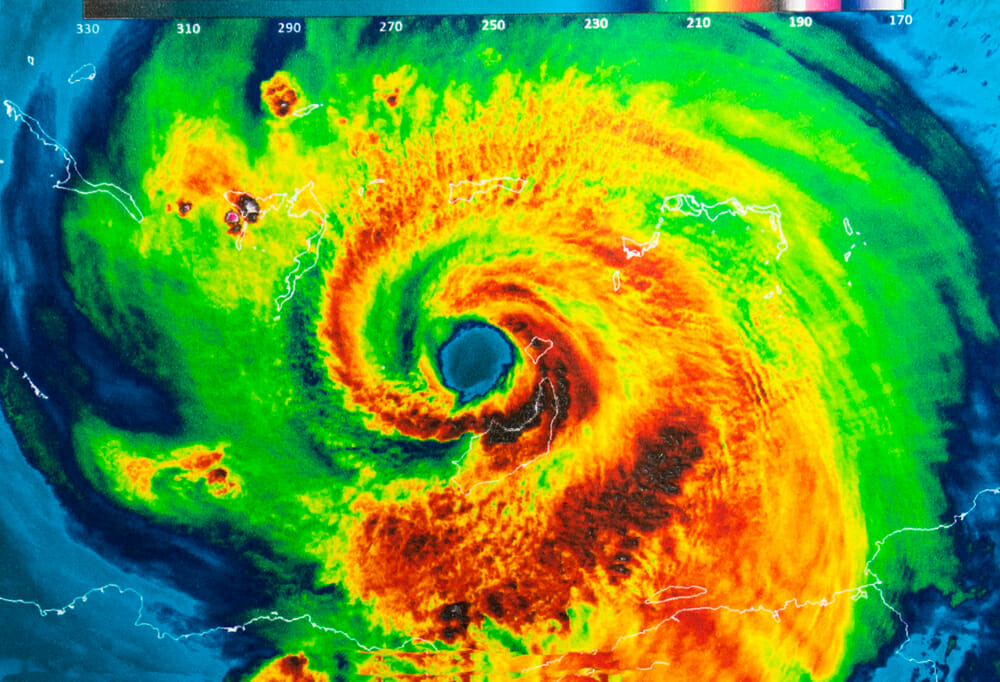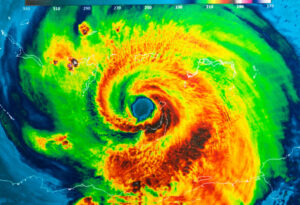Protecting Policyholders: Debunking the Illegal Practice of Deductible Waivers by Contractors in Texas
Introduction:
Policyholders in Texas often find themselves dealing with the aftermath of unexpected events, such as storms, floods, or fires, that damage their properties. In these challenging times, hail and wind insurance claims have become increasingly complex and risky for policyholders needing to recover and rebuild. However, it’s important to be aware of the regulations surrounding insurance claims in Texas, particularly the prohibition against contractors waiving deductibles.
The Texas Department of Insurance (TDI) explicitly addresses the illegal issue of contractors waiving deductibles in insurance claims. In this blog post, we will delve into the reasons behind the prohibition and the potential consequences for both contractors and policyholders.
Understanding the Prohibition:
The Texas Insurance Code Section 707.002 prohibits contractors from waiving insurance deductibles. The TDI emphasizes that deductible amounts serve as a financial participation by the policyholder in the claims process. Section 707.002 of the Texas Insurance Code explicitly requires insureds to pay the deductible when their carrier pays a covered claim. This has, of course, always been the law. However, now certain contracts will need to include a notice, in 12-point bold font, that states:
Texas law requires a person insured under a property insurance policy to pay any deductible applicable to a claim made under the policy. It is a violation of Texas law for a person or business paid wholly or partly from proceeds of a property insurance claim to knowingly allow the policyholder to fail to pay, or assist the policyholder’s failure to pay, the applicable insurance deductible.
The notice requirement (Tex. Bus. & Comm. Code § 27.02) applies when:
- The contract is for a “good or service”;
- It is reasonably expected the good or service will be paid for “proceeds of a claim under a property insurance policy”; and
- The contract price is $1,000 or more.
This law, which started as House Bill 2102, was passed by both Chambers of the Texas Legislature in 2019 and provided teeth to insurance companies trying to enforce Texans to pay deductibles. The law provides that it is now a violation if a contractor does not collect the contractual deductible during a repair or replacement involving an insurance claim. This provision kicks in for any of the following.
- waives
- pays for
- rebates
- absorbs
- offsets
- credits
- Otherwise assists the insured in any other manner in avoiding monetary payment of the required insurance deductible or provides a good or service knowing that the insured will pay for the good or service with the proceeds of a claim under the policy and without the insurer’s consent to do so.
Violations of this law are classified as a Class B misdemeanor. This means that you could actually serve up to 180 days in a county jail and/or pay a fine up to $2,000. This judgement is applicable to both the contractor or the insured policyholder.
Waiving deductibles can lead to various negative consequences, impacting both the insurance industry and policyholders.
1. **Fraud Prevention:**
Waiving deductibles is considered an illegal practice that contributes to insurance fraud. When contractors offer to absorb or reduce deductibles, it can artificially inflate the cost of repairs and services, leading to increased insurance payouts. This fraudulent activity ultimately affects insurance premiums for all policyholders.
2. **Fair and Transparent Pricing:**
Deductibles are designed to ensure that policyholders share in the financial responsibility for repairs or replacements. Waiving deductibles can distort the true cost of services, making it difficult for insurance companies to accurately assess the value of claims and establish fair pricing structures.
3. **Maintaining Stability in the Insurance Industry:**
Prohibiting deductible waivers helps maintain stability within the insurance industry by preventing artificial inflation of repair costs. This, in turn, contributes to a more balanced and sustainable insurance market that can better serve the needs of policyholders.
Consequences for Contractors:
Contractors who engage in the illegal practice of waiving deductibles can face severe consequences, including:
1. **Legal Penalties:**
Violating the prohibition on deductible waivers can result in legal action against contractors. This may include fines, license revocation, and other disciplinary measures.
2. **Damage to Reputation:**
Engaging in illegal or unethical practices can severely damage a contractor’s reputation. Word of mouth, online reviews, and negative publicity can harm their business and future opportunities.
Consequences for Policyholders:
While policyholders may be tempted to accept offers from contractors waiving deductibles, they should be aware of the potential risks:
1. **Voided Insurance Coverage:**
Accepting deductible waivers could lead to a breach of the insurance policy terms. In some cases, insurers may void coverage, leaving policyholders responsible for the full cost of repairs.
2. **Legal Repercussions:**
Policyholders may also face legal consequences for participating in fraudulent activities, potentially resulting in fines or other penalties.
Conclusion:
Understanding the reasons behind the prohibition on deductible waivers by contractors in Texas is essential for both policyholders and contractors alike. By adhering to these regulations, the insurance industry can maintain integrity, protect consumers, and ensure a fair and transparent claims process for everyone involved. It’s crucial for policyholders to choose reputable contractors who prioritize ethical practices and compliance with Texas insurance laws.







